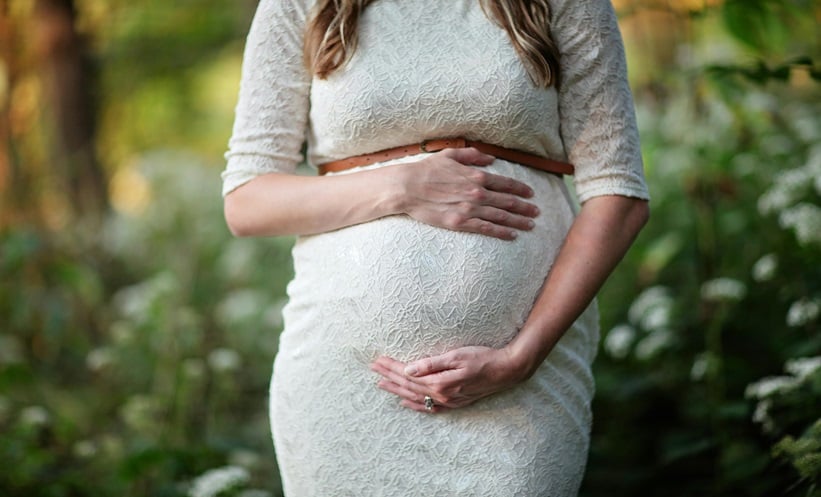FEMALES with a high level of autistic traits may be at greater risk of adverse birth outcomes, according to researchers at the Institute for Global Health Policy Research, Tokyo, Japan.
Autism spectrum disorder (ASD) is a lifelong neurodevelopmental condition, which predominately affects communication and behaviour. With females less likely to receive a formal autism diagnosis in comparison to males, the additional support that may be needed during pregnancy remains unmet. To combat this, and to gain a deeper understanding of the association between maternal autistic traits and adverse birth outcomes, Mariko Hosozawa and colleagues conducted a cohort study.
The study was comprised of data from 87,687 females (mean age: 31.2 years) from the nationwide, multicentre prospective Japan Environment and Children’s Study (JECS) birth cohort, using singleton births from 2011–March 2014. Participants were asked to self-report autistic traits during the second and third trimester using the Autism-Spectrum Quotient-Japanese version. Data on preterm births (<37 weeks gestation) and small for gestational age neonates were collected.
Results revealed that 2.7% of females had AQ-J10 scores within the clinical range, but only 0.02% of these were diagnosed with ASD. A higher AQ-J10 score was associated with an increased risk of all birth outcomes, including preterm births , moderate-to-late preterm births, very preterm births, and children born small for gestational age, after adjusting for pregnancy-related and maternal factors.
Hosozawa commented on these findings, stating: “Healthcare practitioners should acknowledge the significant perinatal health disparity experienced by women with a high level of autistic traits, particularly those with autistic traits in the clinical range.” She actioned for comprehensive antenatal care and tailored support to be made readily available for females, independent of whether a formal ASD diagnosis has been made. In turn, she hopes to see a reduction in adverse birth outcomes for females with autism, and improvements in the downstream health and development of the child.








